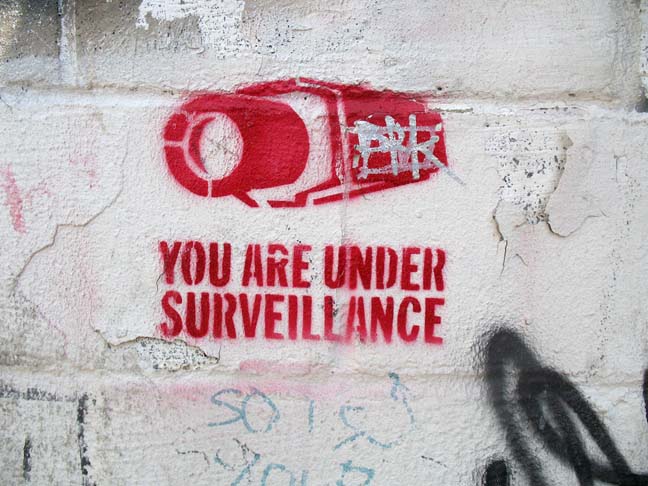
May 3, 2024 at 12:37AM
Amnesty International discovered a complex web of spyware and surveillance technology acquisition by Indonesia, connecting to Israel, Greece, Singapore, and Malaysia. The purchases involved dual-use technologies, such as spyware, and non dual-use hardware, with limited oversight and regulatory transparency. The investigation also found associations with malicious domains, and a lack of regulation enforcement in Indonesia.
Key takeaways from the meeting notes on the acquisition of spyware and surveillance technologies by Indonesia are as follows:
– Amnesty International’s investigation revealed that spyware and surveillance technologies were acquired through a complex network involving Israel, Greece, Singapore, and Malaysia.
– The use of dual-use technologies, such as spyware, was found to pose serious human rights risks due to lack of regulation and transparency in the export of such technologies.
– Indonesian National Police and the National Cyber and Crypto Agency were among the buyers of these spyware products.
– Suppliers of the products included Q Cyber Technologies, Intellexa consortium, Saito Tech (also known as Candiru), FinFisher, and Wintego Systems.
– The transactions often passed through intermediary companies, making it difficult to identify the true owner and creating challenges in public procurement oversight.
– Some of the spyware platforms were associated with malicious domain names and network infrastructure, including domains mimicking the websites of opposition political parties and major news media outlets.
– There was little visibility into who was targeted, and the technology was designed to be covert, making it difficult to detect cases of unlawful misuse and potentially creating impunity for rights violations.
– Amnesty International pointed to inadequate regulation enforcement in Indonesia, which can lead to a culture of non-compliance and long-term deterioration of compliance culture.
The investigation involved collaboration with various organizations, including Haaretz, Inside Story, Tempo, WAV research collective, and Woz.